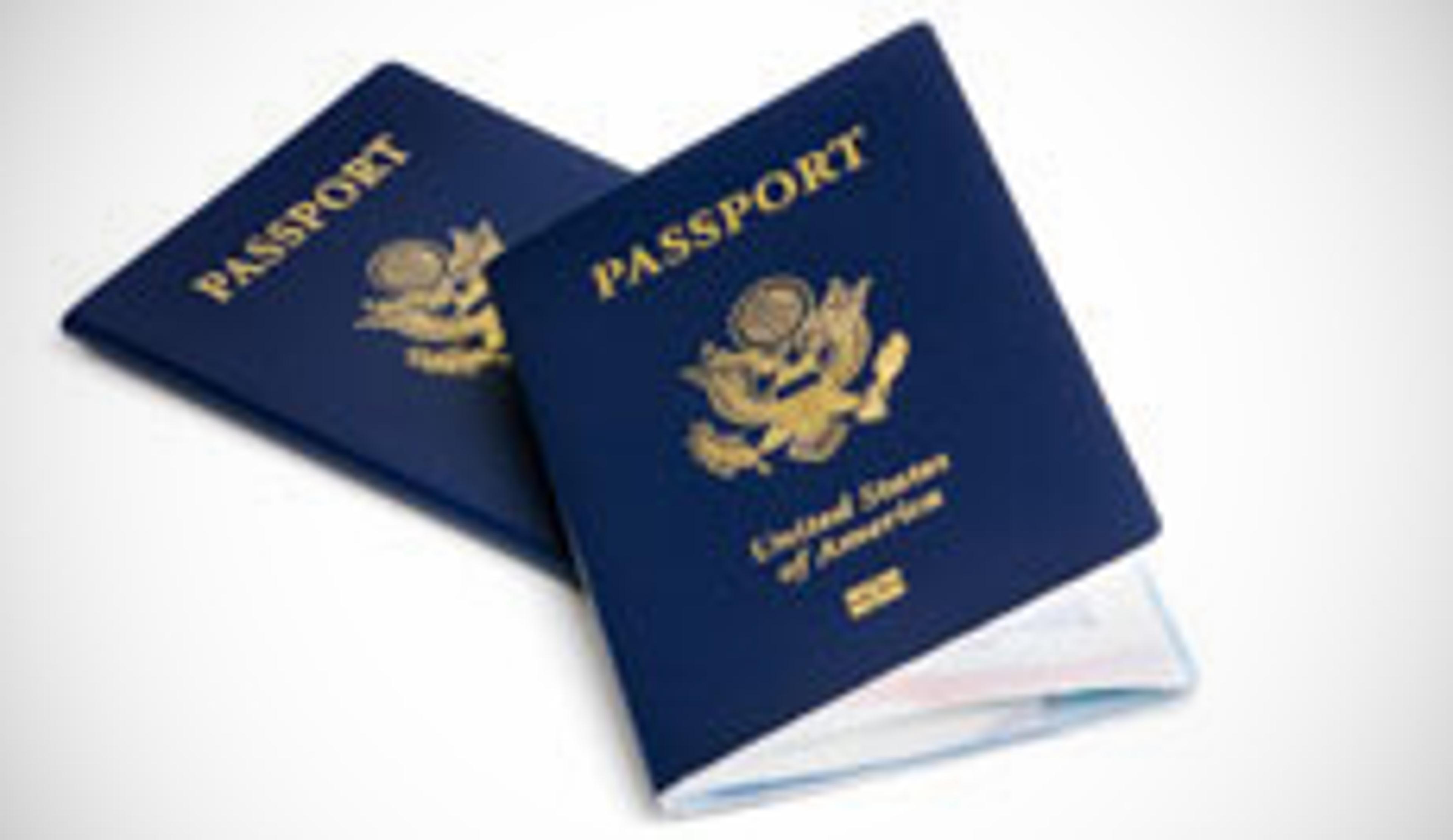This will be the first of several posts on labour mobility, in which I will be crunching the numbers and exploring an interesting way to help the poor. I will be looking further into the possibility and, eventually, the cost-effectiveness of giving to what may be an under-appreciated method of providing opportunity to the poor in developing nations.

What are we talking about?
Hundreds of millions of people in poor developing nations say they would move to rich nations such as the US and UK, if given the opportunity. However, developed nations only offer work permits to a small percentage of those who would like them. For example, in 2010, the US Diversity Visa Lottery had 13.6 million applications for 50,000 visas-272 applicants per slot. 1 Allowing people on low incomes to move to wealthy countries can benefit them in a number of ways, including:
Reference:
Clemens, page 1. (Close footnote)
- Access to higher wages and nicer jobs
- Access to public goods such as law and order, or proper sanitation
- Access to well-functioning political or cultural institutions.
Moving a person to a country that is better organized and makes use of more advanced technology can increase their economic productivity many times over. Reflecting this, the same taxi driver in Swaziland earns multiples of her previous income if she can do the same job in Switzerland. This is a faster and larger financial impact than that offered by any other health, education, or economic empowerment program I know of.
The effect on those who remain in the sending country is less clear. In addition to being pleased by the success of their friends and family, they will benefit economically from "remittances", which already come to three times the total amount of aid spending worldwide. The sending country could lose out if its most talented members leave rather than stay and try to improve matters-usually called "brain drain"-though this is an area of active debate.
Of course there is also the feelings of the natives of the receiving country to take into consideration. Some in developed countries take a dim view of immigration, fearing that it will lower wages, or change the social and political culture in ways they may not like. Complementary policies that would help limit these potential problems have been proposed, but they would likely seem radical to the general public in our current political climate.
A more radical proposal, designed in part to avoid troubling locals in receiving countries, is to start new cities, which would adapt the legal and economic systems of well-functioning developed countries. These so-called "charter cities" would become magnets for migrants from developing countries seeking opportunities not available to them where they currently live.
Who is talking about it?
So far this proposal has mostly circled among economists and a few philosophers. The subject came to my attention initially from Michael Clemens of the Center for Global Development, who suggested in a 2011 paper, "Economics and Emigration: Trillion Dollar Bills on the Sidewalk?", that strict migration limits were lowering the total wages earned worldwide by trillions of dollars. The paper also argues that while there may be small pay cuts taken by native workers due to increased immigration, they are minor compared to the benefits to the immigrants themselves. Lant Pritchett made a similar argument in 2006 and offered some potential solutions for how to make more open borders appealing to citizens and politicians in receiving countries. American economist Bryan Caplan contributed in 2012 with a paper aiming to refute the main arguments put forward against more immigration, such as protecting domestic workers, taxpayers, and culture. The blog openborders.info was recently started to build on this literature. Other noted development economists who have indicated enthusiasm for the idea include William Easterly and Paul Romer.
How big is the opportunity?
What has attracted me and others to looking at migration as development is the scale of the riches offered by its proponents.
Clemens notes that "the emigration of less than 5 percent of the population of poor regions would bring global gains exceeding the gains from total elimination of all policy barriers to capital merchandise trade and all barriers to capital flows." 2 Pritchett estimates that "allowing an additional 0.5 percent of the rich-country labour force to enter from poor countries would produce gains in the monetary value of all official development assistance." 3 According to these studies, even slightly opening borders would have an impact far greater than expanding free trade to its limits. It may result in greater improvements in welfare for the world's poor than foreign aid spending, and at much lower cost to donors.
Reference:
Ibid. Page 84 (Close footnote)
Reference:
Ibid. Page 33 (Close footnote)
These estimates are not inclusive of all costs and benefits to the receiving and sending country, and may not fully take into account what could be significant distributional effects. Nonetheless, they offer a case for taking a closer look and seeing if these claims can stand up to scrutiny.

But how would we fund it?
If I were to conclude that some form of migration represented a highly valuable opportunity to assist the world's poor, what could I actually recommend to Giving What We Can members? Am I just chasing a rabbit down a hole?
While it is harder to fund than health programs, there may be opportunities in both advocacy and research. Research, such as that done at the Center for Global Development, could propose ways in which migration could be organized to more effectively reduce poverty, while still providing benefits to receiving countries. Advocacy could help communicate to voters and politicians the significant impact that migration policy can have on economic development, something they may not currently appreciate. GiveWell noted four of the top 100 independent foundations in the U.S. focus on immigration. We will be looking at these organizations and others to see what type of work is being done in this area.
Furthermore, as a community that wants to help reduce poverty, it is useful to know of cost-effective opportunities to assist the world's poor that are not currently being taken by existing charities. We could encourage new projects in this area and make use of this knowledge during the course of our everyday lives.
Want to join in?
There are two other volunteers working on this project along with me at the moment, and together we are drafting blog posts that consider different angles of the issue and looking at what charities work in this area. Out next post will hopefully be on how significant a concern 'brain drain' should be.
We are keen to get assistance, especially from those with relevant expertise. You can get in touch here.